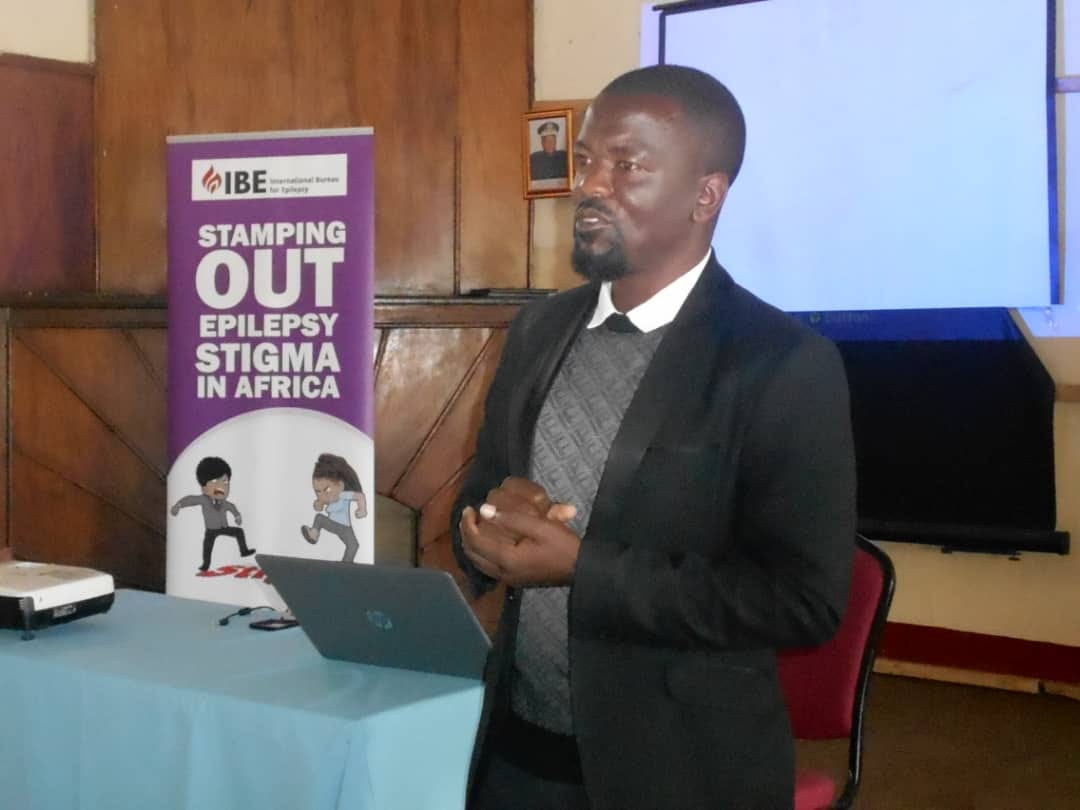Malawi Police Trained on Epilepsy Rights, Awareness
According to statistics, nearly 50 million people worldwide have epilepsy, with 80% of this population coming from low- and middle-income countries, including Malawi.
ZOMBA, Malawi— The National Epilepsy Association of Malawi (NEAM) conducted a one-day training for law enforcement officers on epilepsy health rights, highlighting the need for increased awareness to combat stigma and discrimination against people living with epilepsy, writes Peter Davieson.
Hermes Tebulo, Chairperson of NEAM, said the training equipped officers with knowledge and skills to uphold the health rights of individuals with epilepsy and respond appropriately to seizure-related emergencies.
"Law enforcers will be in a position to know how to handle cases or support individuals facing communities that don't understand epilepsy issues," Tebulo said.
He added that people with epilepsy often face mob justice and prejudice, emphasizing the importance of thorough investigation before judgment.
Assistant Commissioner of Police Francis Chisaka, the guest of honor, noted that the training provided officers with knowledge on handling cases involving people with epilepsy without violating their rights.
He urged attendees to share the information with colleagues at their respective stations.
Sergeant Gerald Ganizani from the Eastern Region Police Headquarters said the training helped him understand that epilepsy is a non-communicable disease, enabling him to differentiate between a person with mental illness and one with epilepsy.
"Previously, we had a tendency to regard an epileptic person as a mad person, which was difficult for us to differentiate," Ganizani said.
"With this training, our minds are broader, and we will investigate deeper when handling such people in our daily work."
According to statistics, nearly 50 million people worldwide have epilepsy, with 80% of this population coming from low- and middle-income countries, including Malawi.



